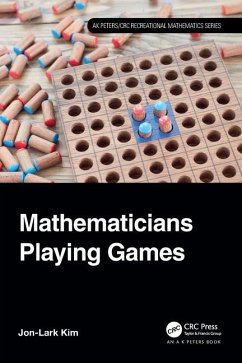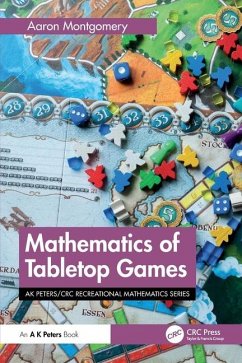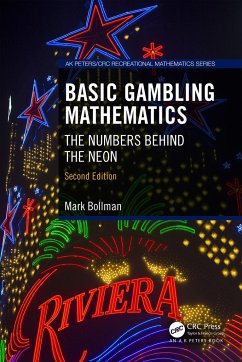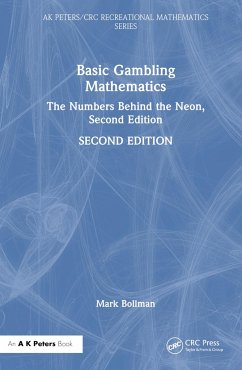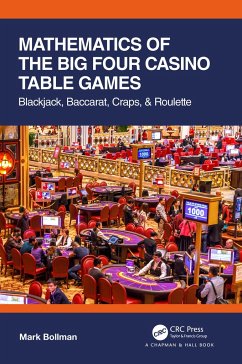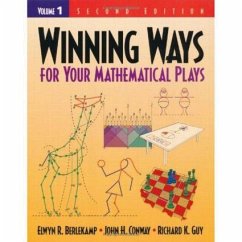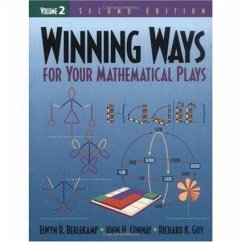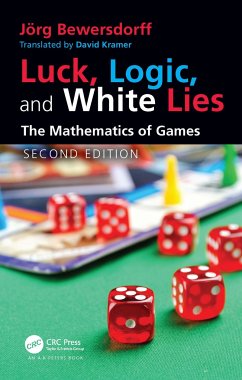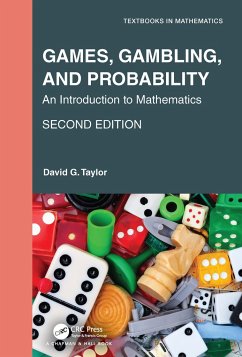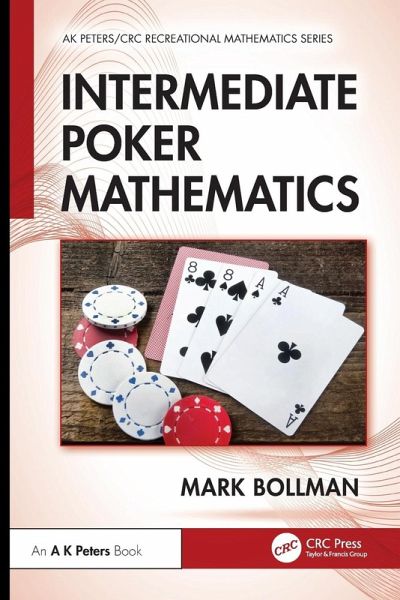
Intermediate Poker Mathematics
Versandkostenfrei!
Versandfertig in 1-2 Wochen
63,99 €
inkl. MwSt.
Weitere Ausgaben:

PAYBACK Punkte
32 °P sammeln!
This book provides a fascinating collection of mathematical questions set in the diverse world of poker. This book is not intended primarily as a playersâ strategy manual, but rather as a means of building up readers understanding of the mathematical concepts at play in the complex world of poker.





